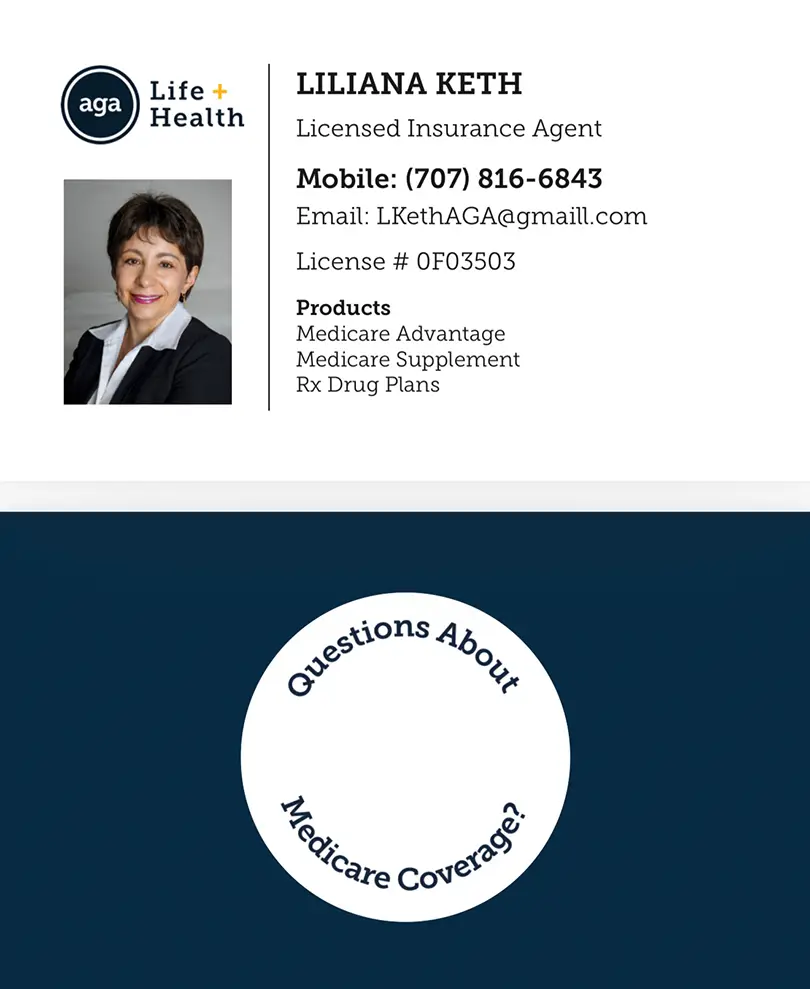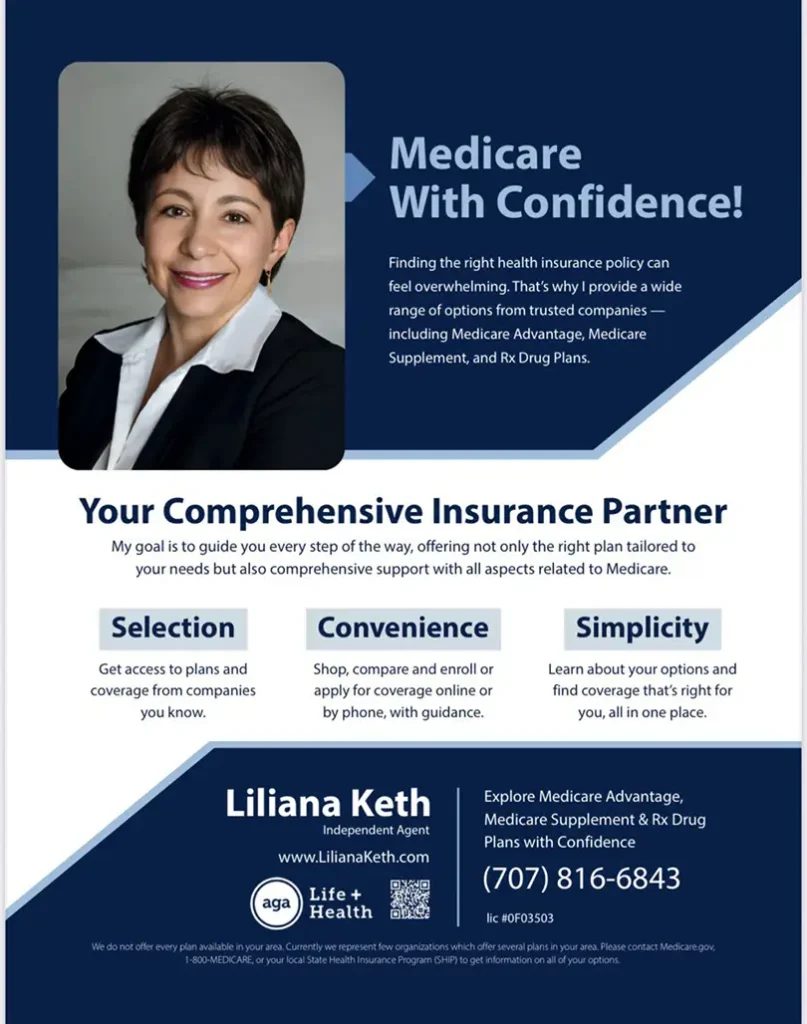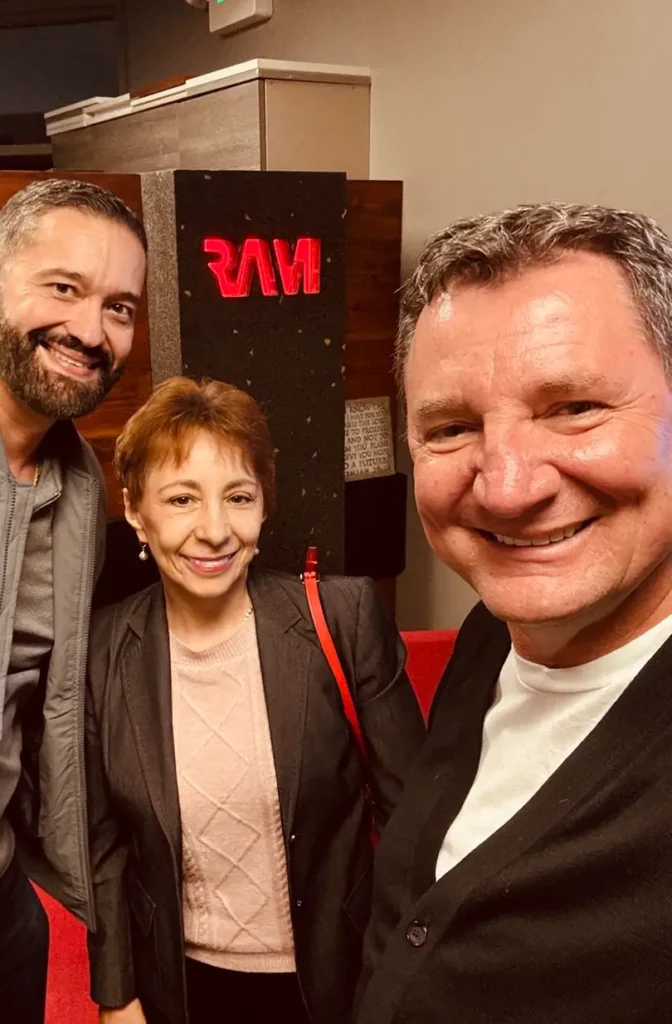Many seniors, people with disabilities, and families with aging parents face an anxious question: what will happen to their home and savings if they receive government health benefits — Medi-Cal or Medicare? Is it possible to preserve assets without losing eligibility for public assistance?
To shed light on these complex issues, we spoke with Liliana Keth, Program Director at the Council For Cross Cultural Affairs. She leads educational workshops and one-on-one consultations, helping people understand how to protect their assets, avoid mistakes, and properly prepare documents so they can keep their home and their family’s financial security.
Liliana, what is the main goal of your program, and why is it so important today to understand how to protect your property while on Medi-Cal and Medicare?
The main goal of our program is to clear up common misunderstandings and prevent serious mistakes that can make life much harder.
Our organization has a very clear mission — to ensure that our Slavic community has the same level of knowledge and access to opportunities as native-born Americans. Without the right information, people can lose many available benefits and, even worse, the property they worked so hard to acquire.
But it’s not as complicated as it seems! You just need some basic knowledge and the right legal documents to protect not only yourself, but also your children and grandchildren.

Many people confuse Medi-Cal and Medicare. What are the fundamental differences, and who is each program for?
Yes, that’s a common misconception.
Medi-Cal is a program for people with limited income, regardless of age. For example, this year the income limit is about $1,800 per month for an individual and $2,432 for two people. These figures are reviewed every year.
Medicare is a program for people 65 and older, as well as for those who have received disability benefits for 24 months.
Importantly, you do not have to be a U.S. citizen to receive medical assistance. It is sufficient to have lived in the country legally for at least five years and to have reached age 65.
The ideal situation is when a person has both Medicare and Medi-Cal. This covers 100% of medical expenses and provides full protection.
In addition, those who have both programs qualify for extra benefits: grocery allowances, fitness memberships, dental and vision services, transportation, and even house-call visits from a doctor. Unfortunately, many don’t use these benefits because they don’t know about them or fear losing assistance.
What is Medi-Cal Estate Recovery, and how can you legally protect your home and assets from claims?
Estate Recovery is the process by which Medi-Cal seeks reimbursement for expenses after a recipient’s death.
Many have encountered the “yellow letters” stating that Medi-Cal may seek reimbursement from the heirs of a deceased recipient.
However, reimbursement applies only to benefits received after age 55, and only if the deceased had assets. If there are no assets, there is no recovery.
After the passage of SB 833, which took effect on January 1, 2017, the rules changed: recovery is now possible only from assets that go through probate (that is, not placed into a trust).
Therefore, it is crucial to create legal documents that protect your property and allow you to pass it to your children — not to the state.
How should real property or other assets be arranged so they don’t affect Medi-Cal eligibility?
Starting in 2026, the asset limit will be $130,000 for an individual and $195,000 for a couple, plus $65,000 for each additional family member.
Your primary residence, one vehicle, personal belongings, and retirement accounts (if you receive regular, tax-advantaged distributions) are not counted.
There is also a Look Back Period of 30 months. If during that time you transferred assets to your children, they may be subject to recovery if something happens to you.
Tell us about special trusts — Special Needs Trust and Irrevocable Trust.
A Family Revocable Trust is the primary tool for asset protection. You can change and supplement it at any time.
In some cases, you need an Irrevocable Trust, which cannot be changed after it is created. It protects assets from creditors and can help maintain eligibility for public benefits.
A Special Needs Trust is intended for individuals with disabilities. It allows assets to be held without disqualifying the beneficiary from SSI or Medicaid. These trusts help pay for additional expenses — education, recreation, and medical costs not covered by public programs — without losing government support.
In certain situations, a custom trust can be created that includes a business, rental property, or specific inheritance conditions. It all depends on the family’s goals.

Can you share an example of when a trust helped a family preserve assets?
Yes, one case stands out.
A 54-year-old single mother passed away from COVID. She had an adult daughter with a disability who didn’t know her mother’s financial situation.
Fortunately, the mother had created a trust in advance. Because of that, the daughter was able to transfer the home into her name and gain access to savings she didn’t even know existed.
Without those documents, the daughter would have been left homeless.
What does an individual consultation in your program look like?
First, there is a meeting with a certified estate-planning and financial specialist who evaluates the client’s situation.
Then, a free 30-minute consultation with an attorney is provided.
After that, the document-preparation process begins and typically takes 7–10 days.
The client receives finalized documents, notarized, and a closing meeting where each item is explained.
We accompany people every step of the way — from the first consultation to receiving a complete, legally executed package.
What mistakes do people make when they try to navigate Medi-Cal and Medicare on their own?
The biggest mistake is trying to do everything yourself.
Medi-Cal and Medicare are very complex systems. Every year, plans, provider networks, conditions, and benefits change.
We, as specialists, complete mandatory annual training and have access to insurer support — something the general public doesn’t have.
Trying to figure it out without the right knowledge often leads to losing benefits, losing doctors, or being unable to receive needed care.

📌 And please, never share personal information over the phone with strangers and don’t complete anything by mail with people you don’t know. Fraud in this area is widespread.
What would you advise seniors and their families who want to protect their assets in advance?
Don’t try to handle it alone. Find a specialist you trust.
We do not charge for consultations, so you lose nothing — and can gain everything: peace of mind, safety, and confidence in the future.
If someone realizes after our interview that they need help, how can they contact you?
If you’d like to schedule a consultation or get help, call (707) 816-6843.
We’ll be glad to help you understand your situation and protect what you’ve built over a lifetime.
Liliana Keth, Program Director
📞 (707) 816-6843
✉️ lkeeth@jaragent.com
📍 Council For Cross Cultural Affairs
1851 Heritage Ln, Ste 141-C, Sacramento, CA 95815
www.CouncilForCrossCulturalAffair














